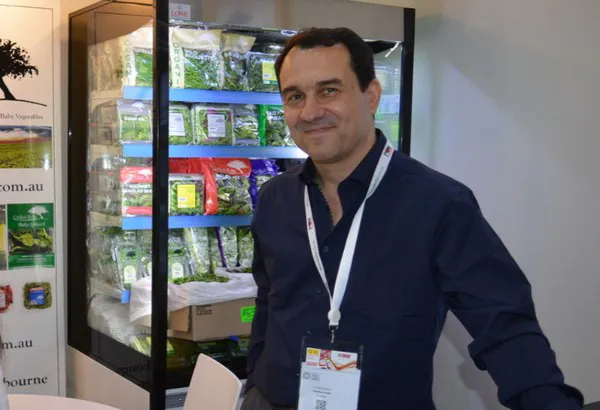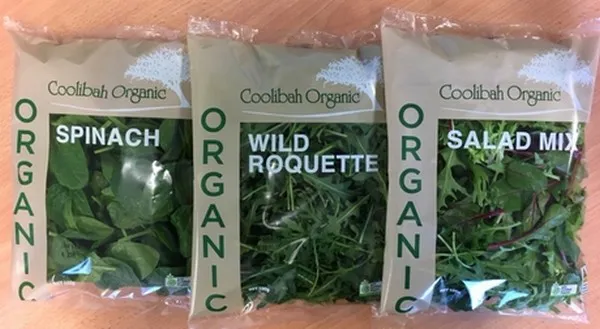As we all try to settle back into some kind of 'normal' after lockdowns disrupted the flow of people and trade around the world, there are still many things that are not as they were before the pandemic.
"At the height of the pandemic, Melbourne had one of the longest lockdowns in the world. We are still feeling the repercussions of the initial sudden closure of the borders," said Vincent Eysseric from Coolibah Herbs, based in Victoria. "Australia now has only 3% unemployment and a lot of industries are suffering from this, hospitality, farming and childcare to name a few."

Vincent Eysseric
Australia opened its borders six months ago, but the backpackers have yet to return. Vincent puts this down a few things: the shutdown was so sudden, and people remember this and don't want to be trapped or sent home if it happens again. Also, there are still only 30-40% of the international flights going compared to before the lockdowns. Young people can also find jobs in their own countries with a lot less expense and risk.
"The labor situation is critical; we have lost 300,000 pack packers and also still have 10,000 covid cases a day, plus the close contacts must also self-isolate. With such a low unemployment rate, it is very difficult to attract people to work in horticulture, especially in winter. People don't want to work in the fields in the rain when they could be working in a bar or restaurant."
The labor issue is causing the potential for empty shelves in the supermarkets, it is not only the horticultural industry that is suffering.

"It is also difficult to get machinery. We ordered a machine from Europe for the pack house, which would normally arrive within 6-9 months, now it is taking up to 18 months. We don't know what will happen in 18 months, so it is now a big risk ordering new machines."
CHEP pallets are widely used in the fresh produce industry, but many of them are stuck on ships in Shanghai, and with the current freight issues, warehouses are full to capacity, with much of the stock sitting on Chep pallets.
"At Easter, we were struggling to find a Chep pallet. Packaging is also very hard to find, and we see delays here as well. The same goes for fertilizer and seeds. We don't know when we will be able to get back to normal. We have lost crops because we did not have the labor to harvest them, and we are not the only growers in this situation. We have stopped supplying a few of our less profitable and smaller lines so that we can concentrate our labor on the main products.
"It is very frustrating as we have the land, we have the water, we have the sun but no labor, so we have no choice but to grow less. Immigration is essential."
For more information:
Vincent Eysseric
Coolibah Herbs
Tel: +61 3 5998 2217
Email: production@coolibah.com.au
www.coolibahherbs.com.au
